Why More Composters Are Recovering Food Scraps and Certified Compostable Packaging
January 06, 2025
U.S. composters share on-the-ground insights on how food scraps & compostable packaging collection is improving their business—and offer words of advice to fellow composters. Read insights from Black Earth Compost and Glacial Ridge Composting Facility.
In your own words, tell us about your composting facility and process.
Syed Dong, Black Earth: Black Earth Compost is a curbside compost service for households, businesses, municipalities and schools in Eastern Massachusetts, Rhode Island and New Hampshire, as well as a compost manufacturer. As a site foreman, I operate a hybrid system of aerated static piles and windrows. This is a system of composting that involves forcing air through the piles from pipes underneath then periodically turning piles of compost––also known as windrows. I encourage forced aeration when possible, as it allows for more vector control and has faster processing times than traditional windrow. We accept both food and compostable plastic and fiber products. All materials get tipped inside a receiving building with below grade aeration and blended right away with carbon. After a week or two, it goes onto an above grade pipe system for six weeks then onto curing windrows for two months.
Nathan Reinbold, Glacial Ridge: Glacial Ridge Composting Facility is a regional multi-county composting operation in Minnesota, owned and operated by Pope/Douglas Solid Waste Management. We utilize a covered aerated static pile system designed by Engineered Compost Systems (ECS) to manage the organics stream. We built the facility so that it can be expanded over time to meet a growing need. About 6,500 tons per year of source-separated organics are anticipated to be processed once the composting facility has been fully built out. Partnerships were formed with Pope, Douglas, Grant, Stevens and Otter Tail counties to utilize the facility. Finished compost is sold to landscapers and for youth and civic fundraiser events––called Plate to Garden compost!
Why did you decide to accept food scraps and compostable packaging at your facility?
Black Earth: Accepting both food and compostable products enables us to further address the organics waste crisis that is looming over the nation. Food is a valuable resource that must be recovered, and accepting compostable products helps us recover more of it. By processing both food and compostable products, we can also be a resource to the community by offering material that builds quality soil.
Glacial Ridge: We conduct facility waste composition studies every 5 years as part of our permit process. From this study, we found that a significant portion of our delivered regional multi-county municipal solid waste consisted of food scraps and compostable fiber. We decided to develop an organics collection pilot in 2017, and it has now grown to include a number of regional counties participating with a full-scale commercial composting facility that opened in 2022.
How have you adapted or improved your operations to make food-contact compostable packaging work for your process, while still creating a high-quality finished compost?
Black Earth: There are a lot of great benefits that can be unlocked by accepting compostable products, but more work needs to be done so that non-compostable products don’t also end up in our facility. Currently, machines play a role in controlling the contamination that comes in from conventional plastic products that end up in our facilities because they look like compostable products.* Adding a vacuum has been helpful in combating this issue.
Glacial Ridge: We found that the covered aerated static pile composting process to be very user-friendly for managing the compostable packaging part of the organics stream. All composting facilities in Minnesota adhere to and accept only foodservice packaging that is BPI-certified compostable.** This helps to take the guesswork out of being able to accept compostable packaging and to communicate to customers to only use BPI-certified packaging in order to reduce or eliminate contamination and additional processing costs or processes.
*The Composting Consortium’s research shows that contamination is a challenge for most composters, regardless of their material acceptance policies, business model or size. Moreover, conventional plastic constitutes 85% of the incoming contamination that composters receive—highlighting how important it is to rid look-alikes from the system. For more details, read our report here.
**Glacial Ridge Composting Facility accepts BPI-certified compostable packaging. The Biodegradable Products Institute (BPI) is a leading certification body, alongside other certification bodies in the composting industry, such as the Compost Manufacturing Alliance.
How has accepting food-contact compostable packaging brought value to your business and your community?
Black Earth: So many stakeholders need to be involved and aligned to successfully accept and process certified compostable products that bring value to the composting stream. Since Black Earth Composting is a collection and hauling company, as well as a compost manufacturer, accepting compostable bin liners has made the job of servicing bins easy for our customers and truck drivers. This opens the door to folks that previously saw separating food scraps as messy. Also, this leads to driver retention by making the job a little easier.
Glacial Ridge: Accepting feedstocks, over and beyond only food scraps and napkins, allows Glacial Ridge to be customer and user-friendly. Accepting only BPI-certified compostable packaging allows easier adoption of organics recycling programs and opportunities to divert more food scraps from the waste stream. We also administer a zero waste events program where we connect BPI-compostable packaging and specialized color coded event bins, that are monitored by volunteer/VTO ‘Waste Warriors’, with large scale and community-based events to divert food scraps from the waste stream in a very visible and educational manner to create additional buy-in and acceptance from stakeholders.
Any words of advice to fellow composters who are considering accepting food scraps and compostable packaging?
Black Earth: Don’t be afraid of compostable packaging. Education goes a long way and unlocks new opportunities for the composting business and for broader organics circulation! Start small and educate, educate, educate. While it comes with challenges now, compostable products will continue to play a growing role in replacing single-use conventional plastic and have the potential to replace much of the current contamination we see, and bring in more food to composting facilities. Get ready for it.
Glacial Ridge: I recommend that composters work closely with their state chapter of the USCC. In 2023, the Minnesota Composting Council worked to pass a compostable labeling bill. The purpose of this new law was to reduce misleading product claims, reduce confusion among residents, food establishments and more on what products are accepted for composting. The overarching intention was to reduce contamination at compost facilities resulting in them manufacturing a cleaner, more sellable product. We also recommend utilizing professionally-designed color-coded educational materials to be used on organics carts, dumpsters, roll-offs and inside intermediate collection bins––both public-facing and back of house––that include mention of BPI certification for compostable packaging as the gold standard to reduce confusion and lower contamination concerns.
Related posts
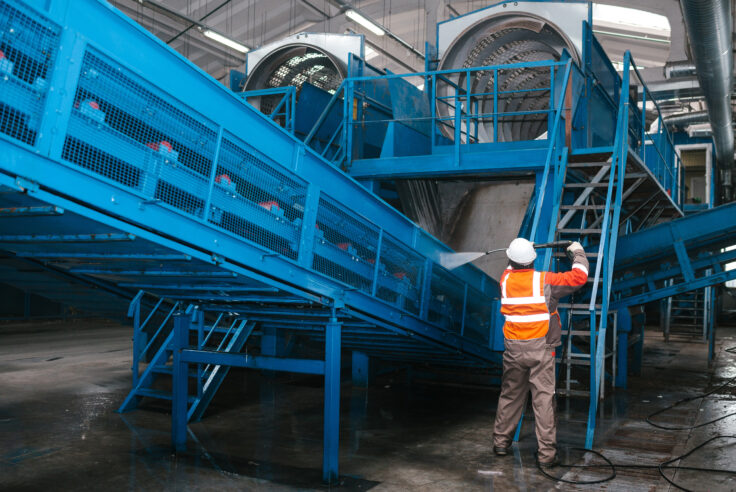
Press Release
Closed Loop Partners Releases New Guidelines to Strengthen...
The new guide shares tactical best practices to help...
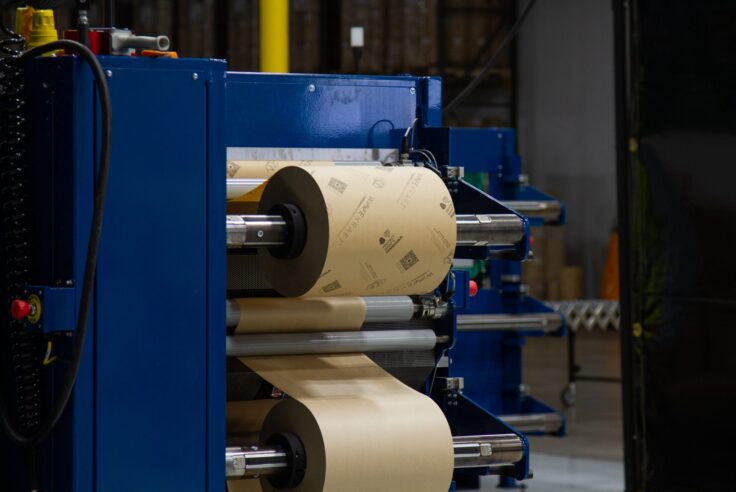
Press Release
Closed Loop Partners Deploys $10 Million Loan to TemperPack,...
This marks Closed Loop Catalytic Capital & Private...
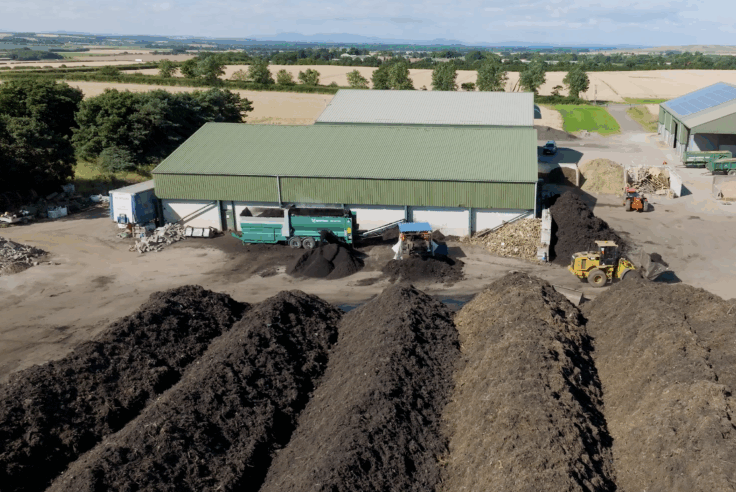
Press Release
Closed Loop Partners’ Composting Consortium, With...
Eight municipal and composter-led projects received...

Blog Post
Materials Matter: Designing Reuse for the Real World
One of the most important design decisions for reuse...

Press Release
Closed Loop Partners Advances Major Progress for the...
The circular economy-focused firm releases 2024 impact...

Press Release
Beyond the Bag Initiative Unites Major and Local Retailers...
Headlined by Target, CVS Health, Ralphs and Food 4...
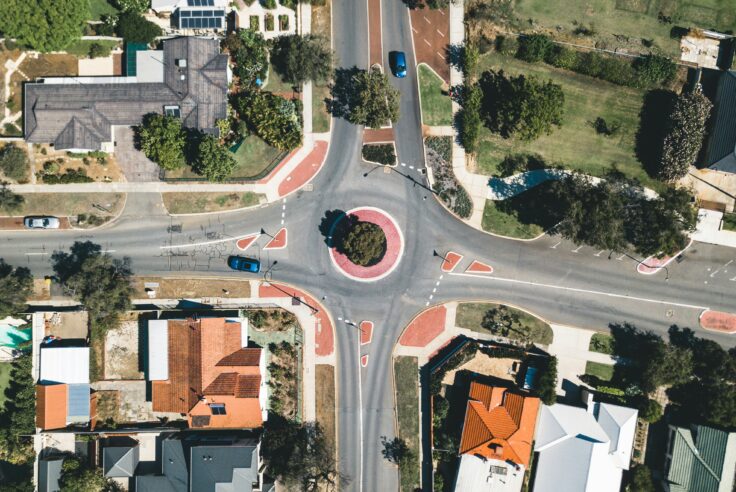
Blog Post
Reuse Is Coming to U.S. Cities. Here’s How Businesses...
Reuse is growing across sectors — but it’s still...
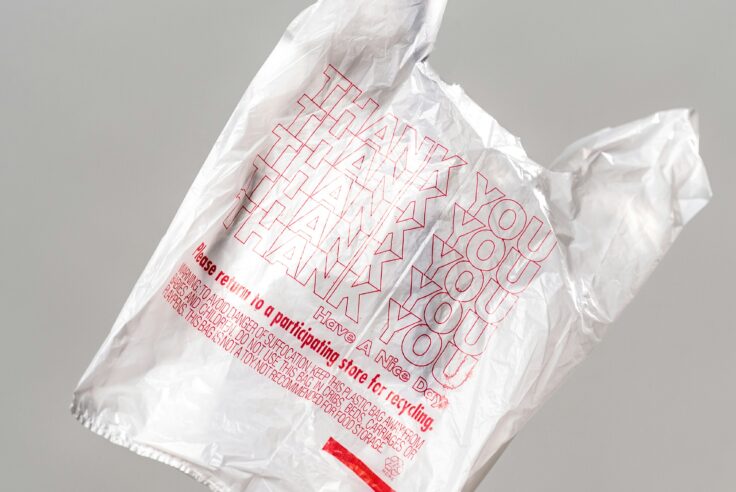
Press Release
Beyond the Bag Initiative Releases Its Largest Study...
The Consortium to Reinvent the Retail Bag unveils insights...
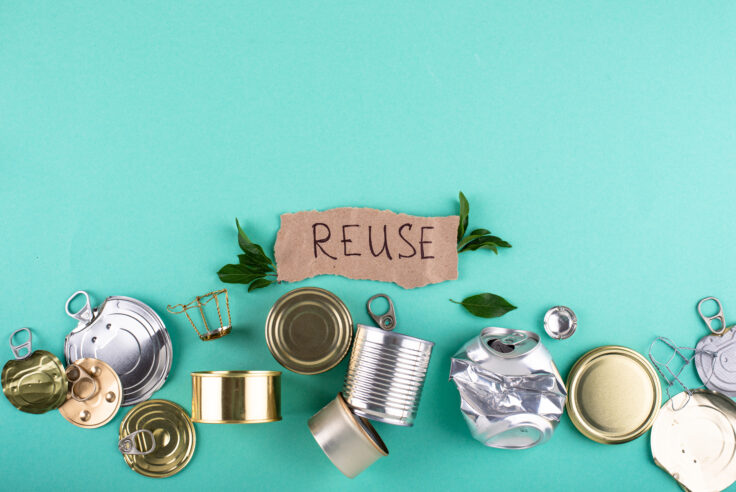
Blog Post
For Reuse to Work, Language Matters
A quick guide to messaging for reuse programs and getting...

Press Release
Closed Loop Partners Adds New Private Equity Managing...
Daniel Phan joins the circular economy-focused firm...
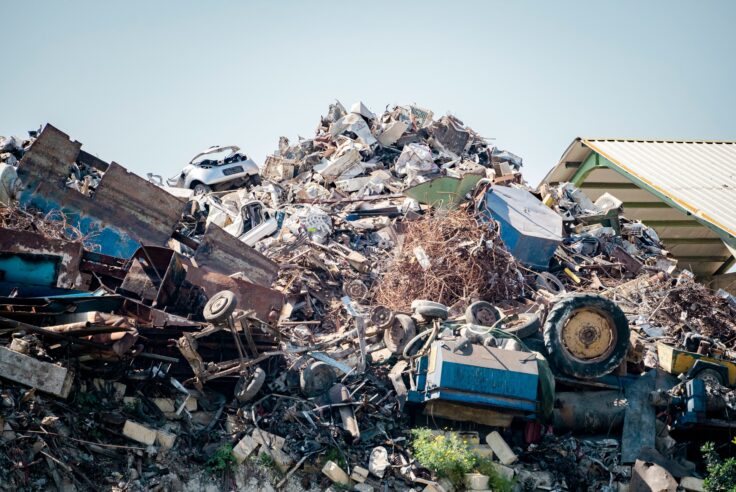
Blog Post
The Hidden Value of Scrap Metal: Why Local Recovery...
VALIS discusses circularity of metal processing, and...

Press Release
Closed Loop Partners’ Composting Consortium Launches...
The grant program for composters and communities comes...
